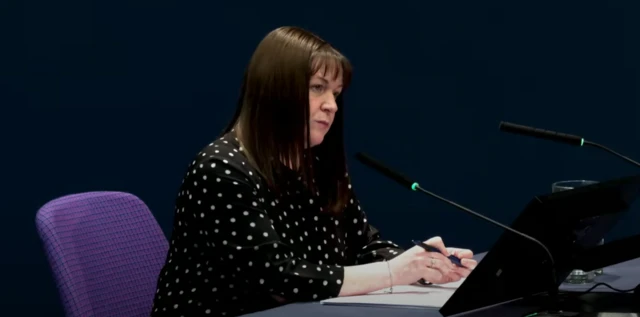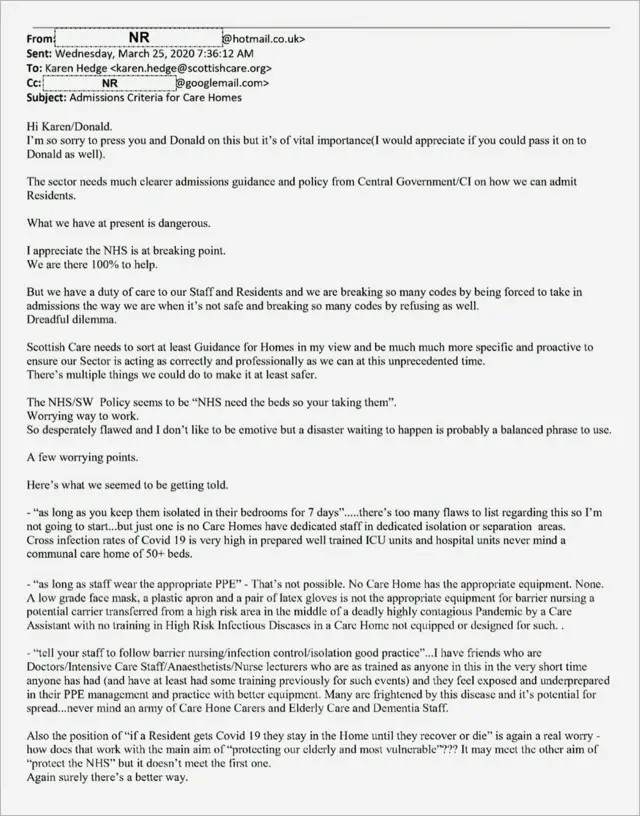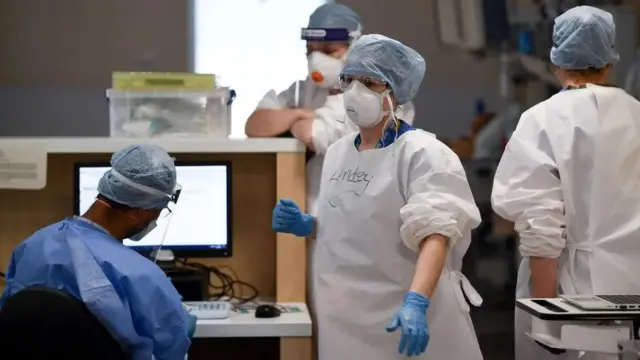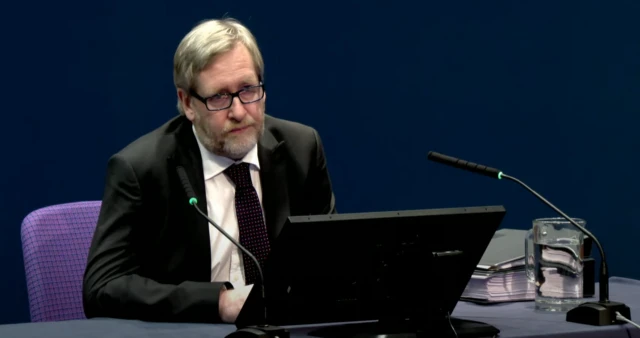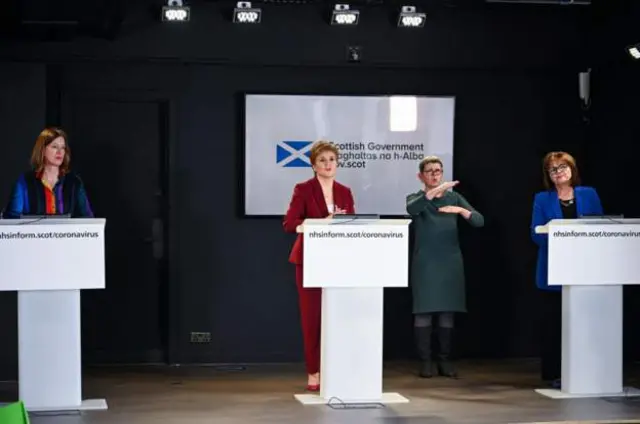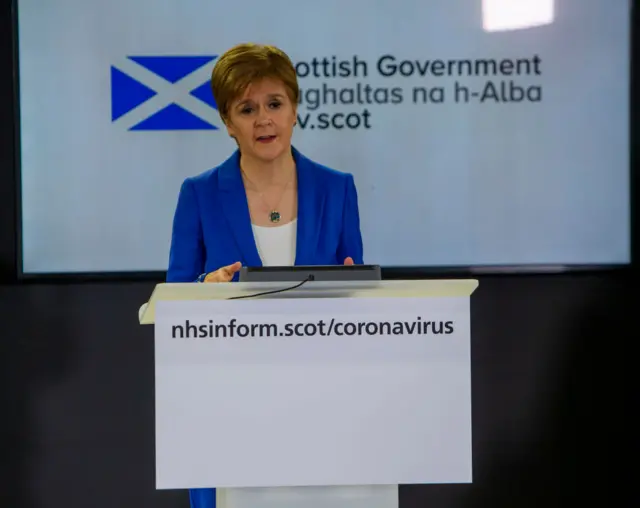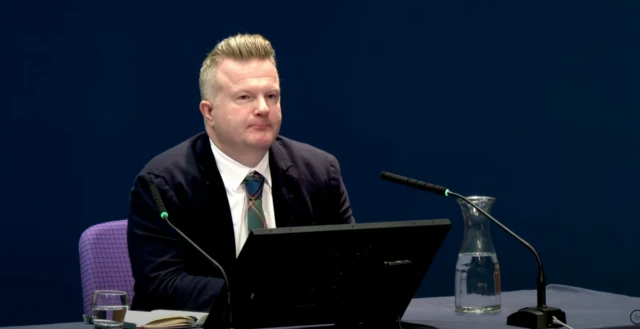UK Covid-19 inquiry: Today's headlinespublished at 17:21 GMT 18 January 2024
Here's a quick recap of the headlines from the third day of the UK Covid inquiry in Edinburgh:
- The inquiry heard that the Scottish government could have legislated to impose a lockdown earlier in March 2020 as coronavirus took hold – but decided to act in step with the rest of the UK
- Prof Paul Cairney said Scottish ministers repeated mistakes as they dealt with new waves of infection
- Dr Donald Macaskill said people being admitted to care homes should have been tested for Covid and that the care sector had been "hung out to dry"
- The Scottish Care chief executive told the inquiry Scottish government guidance for care homes "was not fit for pupose" and there was a "lack of trust in the hospital discharge process"
- He said people who might have been saved had died due to uncertainty caused by the poor guidance
- Cosla's Nicola Dickie said there was "peaks and troughs of engagement between local and Scottish government
We'll be back tomorrow morning with coverage of the next evidence session in the UK Covid inquiry.
Claire Diamond was today's editor. The writers were Craig Hutchison and Jamie McIvor.
